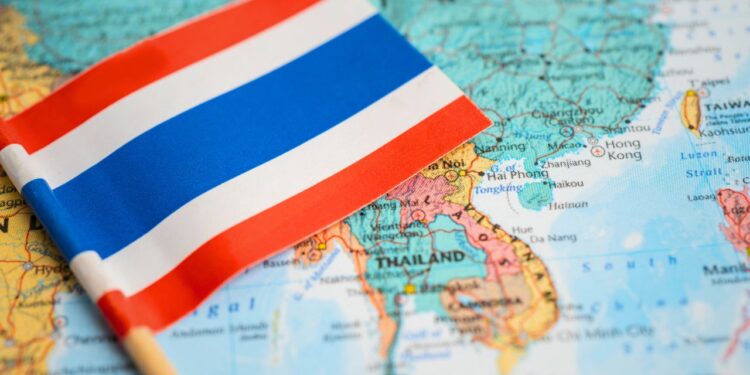Thailand’s government has announced an ambitious plan to develop a high-tech workforce of 280,000 individuals over the next five years.
The initiative is designed to help establish Thailand as a premier hub for advanced industries — particularly focusing on semiconductors, electric vehicles (EVs), and artificial intelligence (AI).
The news follows Thailand’s recent announcements of sweeping visa reforms designed to attract digital nomads, tourists, students and retirees to live and work within the country’s borders.
Deputy Prime Minister Anutin Charnvirakul also emphasized the country’s readiness to adopt and expand upon advanced technologies — noting the solid foundation Thailand already has in EVs and AI.
Reuters reports the plan is to produce a workforce of 80,000 in the semiconductor industry, 150,000 in the EV sector, and 50,000 in AI. This comprehensive development strategy is expected to span all levels of the industrial sector, from researchers to graduates.
To support this ambitious workforce development plan, the Thai government has introduced numerous training courses and is offering substantial tax incentives to encourage participation in these programs.
It’s reported that a 250% tax deduction is available for companies that send their employees to these training programs. The government has not provided specific cost estimates for the workforce transformation, but the incentives and training opportunities reveal how significant the investment is in upskilling the country’s future tech workforce.
The focus on high-tech industries coincides with several global upskilling trends moving sectors towards advanced technology adoption. Thailand’s recent initiatives also position the country to capitalize on emerging opportunities like remote tech workers and international investments.



 Dr. Gleb Tsipursky – The Office Whisperer
Dr. Gleb Tsipursky – The Office Whisperer Nirit Cohen – WorkFutures
Nirit Cohen – WorkFutures Angela Howard – Culture Expert
Angela Howard – Culture Expert Drew Jones – Design & Innovation
Drew Jones – Design & Innovation Jonathan Price – CRE & Flex Expert
Jonathan Price – CRE & Flex Expert











